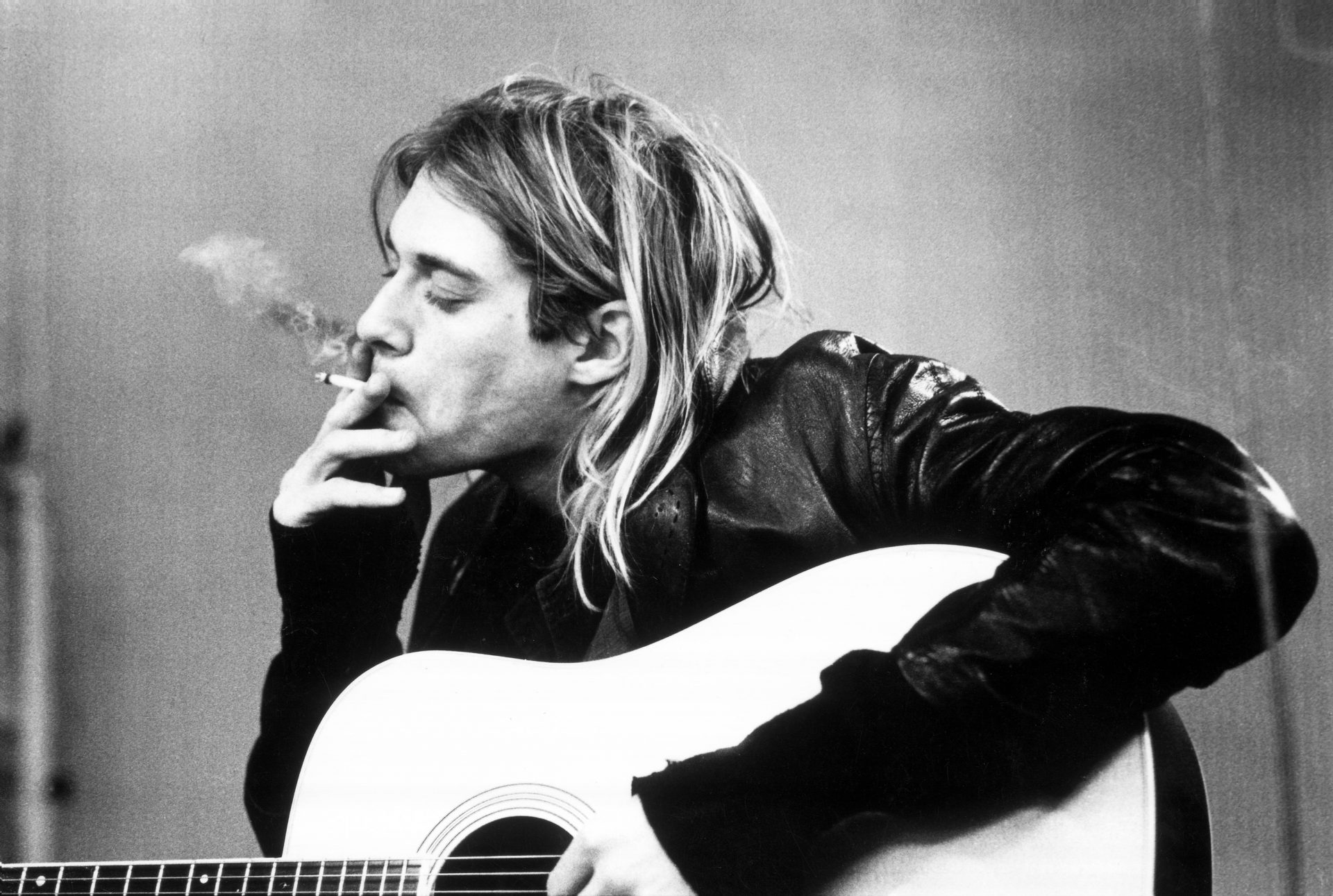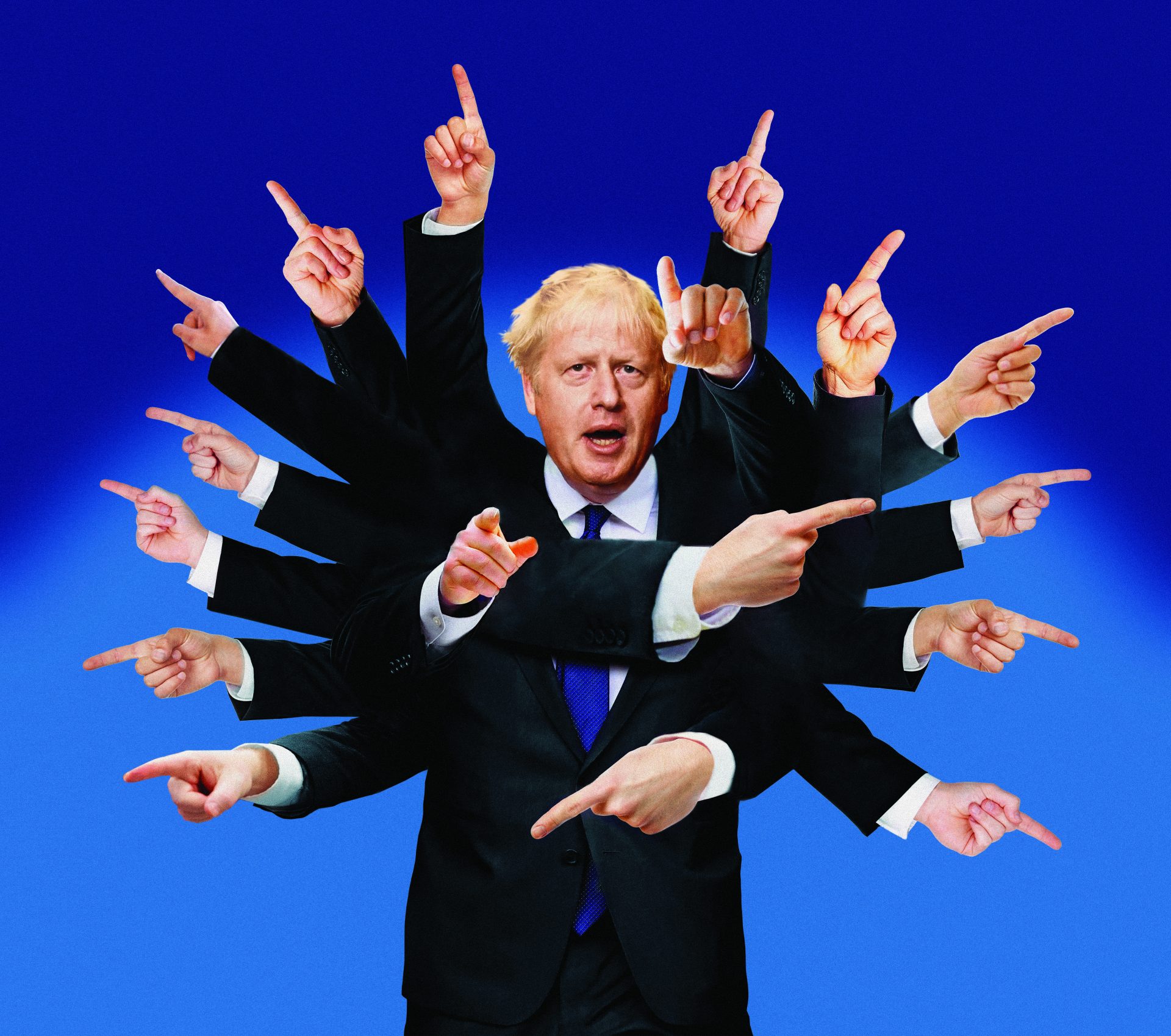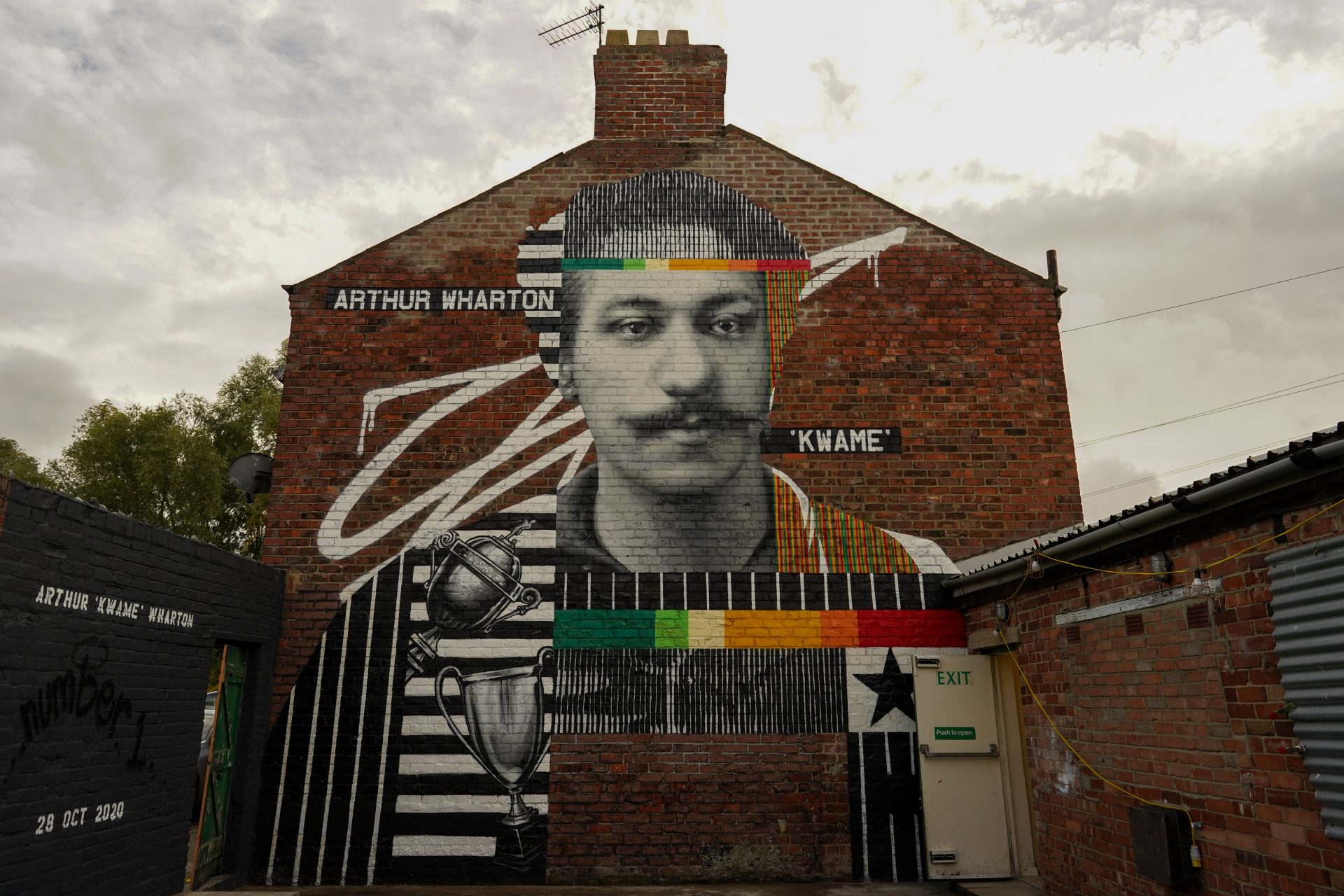I was once on a BBC Radio 1 panel, live on air.
The presenter said that he had a new band and he wanted us to hear it. I listened, and afterwards said that the lead singer reminded me of John Lennon.
The singer was using that great Lennon whine that he displays, for example, on A Day In The Life.
The presenter got into a friendly argument with me about it, but I had heard what I heard and could not be dissuaded.
He said that the band was going to be big and called themselves Oasis. I thought to myself that they certainly were not an oasis from homage.
I listened to a lot of rock once because I came of age in the 1960s and there it all was, and the 1970s, too.
My last real rock person was Prince, who broke all of the moulds and I was pleased to see him take down the rock guitar gods, live onstage, at the late George Harrison’s induction into the Rock and Roll Hall of Fame at the turn of the century.
So it was a surprise to me to find myself stopping in the street to listen to a voice whine: Nevermind.
This was not rock/soul or rock/jazz or anything like that. This was new, that thing that people try and define, but you really cannot. Not really.
My favourite anecdote is the one that Little Richard used to tell about how he and Chuck Berry and Bo Diddley used to sit around and listen to the guitar riffs ‘borrowed’ by guys who went on to make more money than they did.
My late dad had all their records so I grew up listening to these guys, including Lead Belly. We also lived next door, at one time, to a girlfriend of Muddy Waters, in the ghetto of the West Side of Chicago.
Sometimes he would serenade her on the back porch, but I was too young to know anything about all of that nor understand that I was listening to a kind of god.
Now rock intellects might point out to me that the voice that made me stop one day: the voice of Kurt Cobain, was an imitation, too. The sound of the school of music he emerged from. I know a little about grunge and the Seattle scene and all of that, so I guess the Cobain sound came from that.
But the fact that he and I have nothing in common, on the surface, and yet I kind of know him, is why, for me, he is great. He opened a door in me that growing up had forced closed.
He made me remember what being different when you were a teen was all about. And about the refusal to be like everyone else; to not care if you’re not liked; to maybe hope that you’re ‘cancelled’ so that you can be free to pursue your own life and ways.
There are 18-year-olds out there way cleverer than me. I’m lucky to have some of them as friends. The ones I know are into 1990s music and it is very weird to hear it talked about in archival terms. But I missed Cobain in his lifetime, I missed his band and his story.
Anybody who writes on the liner notes of an album: “If any of you in any way hate homosexuals, people of different color, or women, please do this one favor for us – leave us the fuck alone! Don’t come to our shows and don’t buy
our records” is somebody I can admire.
His mother said, after his death, that he had joined “that club” and most people assume that she meant what is called ‘The 27 Club’ – those musicians and artists who had died at the age of 27: Brian Jones; Jimi Hendrix, Janis Joplin (dead within weeks of one another) Jim Morrison; Jean-Michel Basquiat, Amy Winehouse. And when you’re young, as I was when Jones and Joplin and Morrison died, 27 seemed old.
Maybe Nevermind was the end of Rock and Roll and the beginning of a real kind of mercantilism. This grungy guy is the opposite of the sophisticated, media savvy youth of today; shaped by helicopter parents and teachers.
There is still brokenness, the uncertainness of youth, of course, but the fact that social media becomes a medium for some, of deep and dangerous angst tells us a lot about the Age, the time. Young people today want to belong.
A friend, who is all of 18, educates me whenever she can. She is connected to the time of Cobain and the fashion that she designs reflects it.
She considers some of the social movements like BLM to be too commercial, too organised. This coming from a Black British girl is an interesting thing to me and made me think, again, about Cobain and maybe what he tried to do and be.
I don’t know how that album cover for Nevermind came to be, how even back in those days putting a baby in a picture in the state that he was in was considered to be ok.
What is true for me is the insistent rage and despair of his guitar; the plea in Cobain’s voice to give him back his youth and maybe to save him from himself. As I watch young people now rail against fossil fuel companies while wearing fossil-fuel built clothes and carrying smart phones whose elements are enabled by cobalt, mined by kids in what are called ‘artisanal mines’ in the Democratic Republic of Congo, I like to think that maybe Cobain might have called them out. Made them look at themselves.
I listen to my young friend when she deigns to educate me and make me look at this world that I am leaving her and why Cobain’s time matters.
Cobain died 27 years ago this year. That number.




